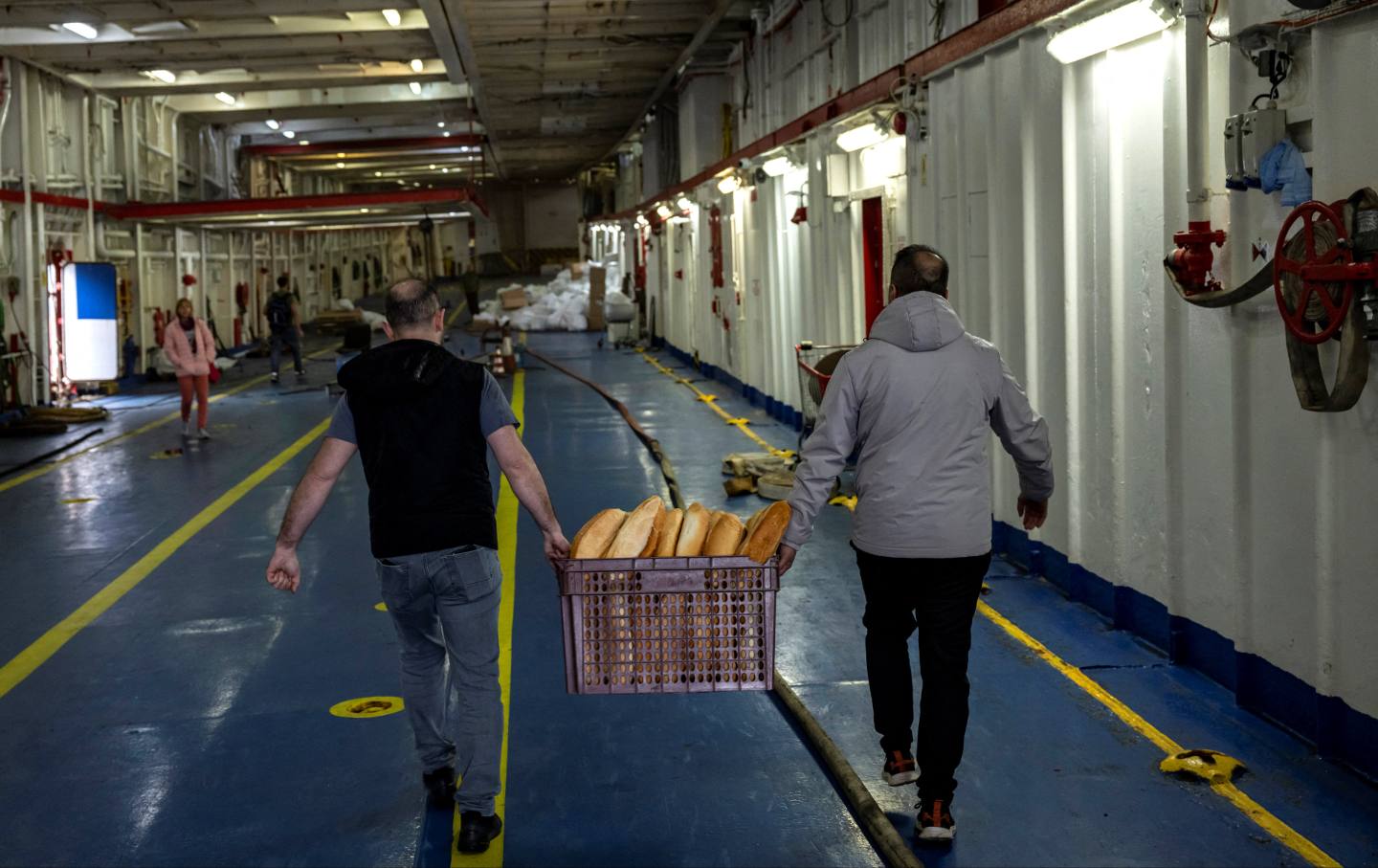Farewell to Allende
From the September 24, 1973 issue of The Nation.

Salvador Allende posing for a portrait on June 10, 1971 in Santiago, Chile.
(Santi Visalli / Getty)Salvador Allende, the Marxist doctor, who squeaked into the presidency of Chile in 1970 by a narrow margin, has now been deposed by a military coup and is dead, allegedly by his own hand. His regime had been in deep trouble from its inception, in part because of Dr. Allende’s lack of political cunning and ideological flexibility—he took his constitutional Socialist convictions seriously—and the predictable opposition of the wealthy and middle-class businessmen who feared for their perquisites and property.
But from the outset many of Allende’s woes originated from up north. The story of the International Telephone and Telegraph Corporation’s efforts to influence the election, and its barefaced million-dollar attempt to bribe the CIA to intervene, is well known.
Throughout Allende’s three years in office, U.S. official bodies and private firms continued to relentlessly wage economic war. The large copper companies whose properties had been expropriated not only refused technical aid but tried to have Chilean copper excluded from European markets. The US-dominated World Bank cut off all credits and even refused communication with the Chilean Government. Attempts were made to persuade European banks and lending agencies to discontinue financial support. U.S. economic aid was severely cut, amounting in 1973 to only $3 million, largely for school lunches. Hostility was total with one significant exception: military aid, continued unslackened. The tanks that fired on the Presidential palace and the planes that bombed it were made in America and cheerfully supplied. And now the military is in charge.
Officials of the Nixon Administration have initially declined to comment. Such silence upon the death of a head of state is scarcely the diplomatic norm, but one wonders what in diplomatic terms they could find to say now.
Thank you for reading The Nation!
We hope you enjoyed the story you just read. It’s just one of many examples of incisive, deeply-reported journalism we publish—journalism that shifts the needle on important issues, uncovers malfeasance and corruption, and uplifts voices and perspectives that often go unheard in mainstream media. For nearly 160 years, The Nation has spoken truth to power and shone a light on issues that would otherwise be swept under the rug.
In a critical election year as well as a time of media austerity, independent journalism needs your continued support. The best way to do this is with a recurring donation. This month, we are asking readers like you who value truth and democracy to step up and support The Nation with a monthly contribution. We call these monthly donors Sustainers, a small but mighty group of supporters who ensure our team of writers, editors, and fact-checkers have the resources they need to report on breaking news, investigative feature stories that often take weeks or months to report, and much more.
There’s a lot to talk about in the coming months, from the presidential election and Supreme Court battles to the fight for bodily autonomy. We’ll cover all these issues and more, but this is only made possible with support from sustaining donors. Donate today—any amount you can spare each month is appreciated, even just the price of a cup of coffee.
The Nation does not bow to the interests of a corporate owner or advertisers—we answer only to readers like you who make our work possible. Set up a recurring donation today and ensure we can continue to hold the powerful accountable.
Thank you for your generosity.








